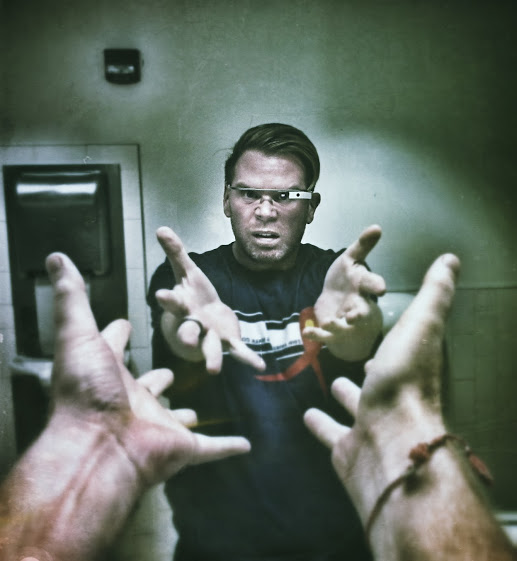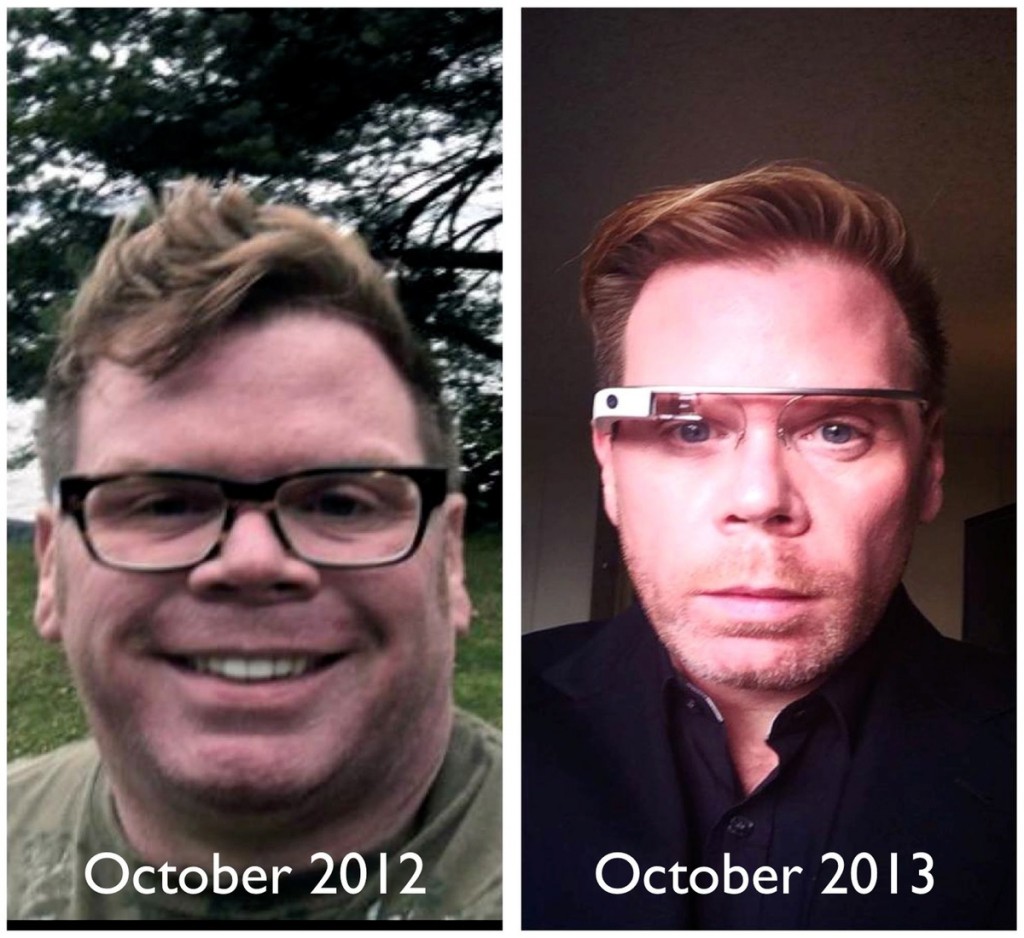His motion is all tracked. His meals are logged. When he wakes up, he knows how long he was in REM sleep. He is, the most connected man in the world.
Mankind currently takes part in this study of averages. We refer to these average metrics as medicine, academics, fitness, labor, etc. Look up your symptoms on WebMD and you’ll find out what the average person typically has when they have similar conditions. Take any standardized test, and you’ll be told where you fall compared to the general collective.
But what about you?
Where should you fall? Does your body react the same way to spicy foods as everyone else? What should your resting heart-rate be? How much is your labor worth? How intelligent are you really? Most of these questions have been answered in the past by taking snapshots of millions of different people, usually during doctors appointments–blood pressure, weight, height, etc–and then comparing that data to the averages found to from everyone else’s personal data.
We are now in a place in history where these metrics can be defined by the individual. Instead of knowing where we fall compared to others, we can collect enough data to know ourselves, instead of this massive conglomerate of collective averages.
Leading the charge in this effort is the Quantified Self and individuals like Chris Dancy. Chris Dancy has been dubbed “The Most Connected Man in the World.” He is wearing 3-5 tracking devices at any given time, often more. He tracks his heart-rate, his skin temperature, his sleep, his eating, and his activity level.
Chris doesn’t just stop at biological tracking, though. He tracks everything he does all day–from using the toilet to using social media (not the most drastically different tasks)–in Google Calendar. This lifestyle has helped Dancy lose 100 pounds and significantly increase his access to his own data by participating in what he refers to as “knowledge lockering.”
Dancy records and saves details of everything. If he were to want to recall a conference call he was on last month, he would be able to pull it up in evernote and know what decibel he was speaking at and what his heart-rate was at any given moment during the call.
In a time when many people are unsure about wearables such as Google Glass or Samsung Gear, Dancy is plowing full speed ahead, confident it is the future of productivity. He believes that if companies don’t start tracking more employee metrics, the employees themselves will begin collecting this data for their own competitive reasons.
The workforce is slow moving, though so such changes may be a long way off, but many may find his arguments for an “augmented self” to be very persuasive. There is definitely a backlash, though, and not everyone will be accepting of technology playing such a central monitoring role in our everyday life.
We have already seen discrimination against people wearing Google Glass, causing comparisons to be drawn to the fictional story of the Deus Ex video games that take place in a dystopian world where cybernetic enhancements are commonplace, but very socially divisive.
Such a world is years away, but those comparisons definitely help point out important questions that will need to be answered before everyone becomes as “augmented” as Chris Dancy, or even moreso. We are getting closer and closer to replacing human function with prosthetics for amputees, but it is inevitable that the prosthetics will eventually be stronger and more capable than the original limb.
For now, most of us can be content with simple self quantifications like steps, sleep, and food, but as technology advances, it may become way easier–and more necessary–to look more like Chris Dancy, just so we can keep up.
Be social! Follow Walyou on Facebook and Twitter
Read more on Walyou, Google Docs Puts More Power in Your Hands With Add-ons, iOS 7 Brings Some Small, But Significant, Improvements













